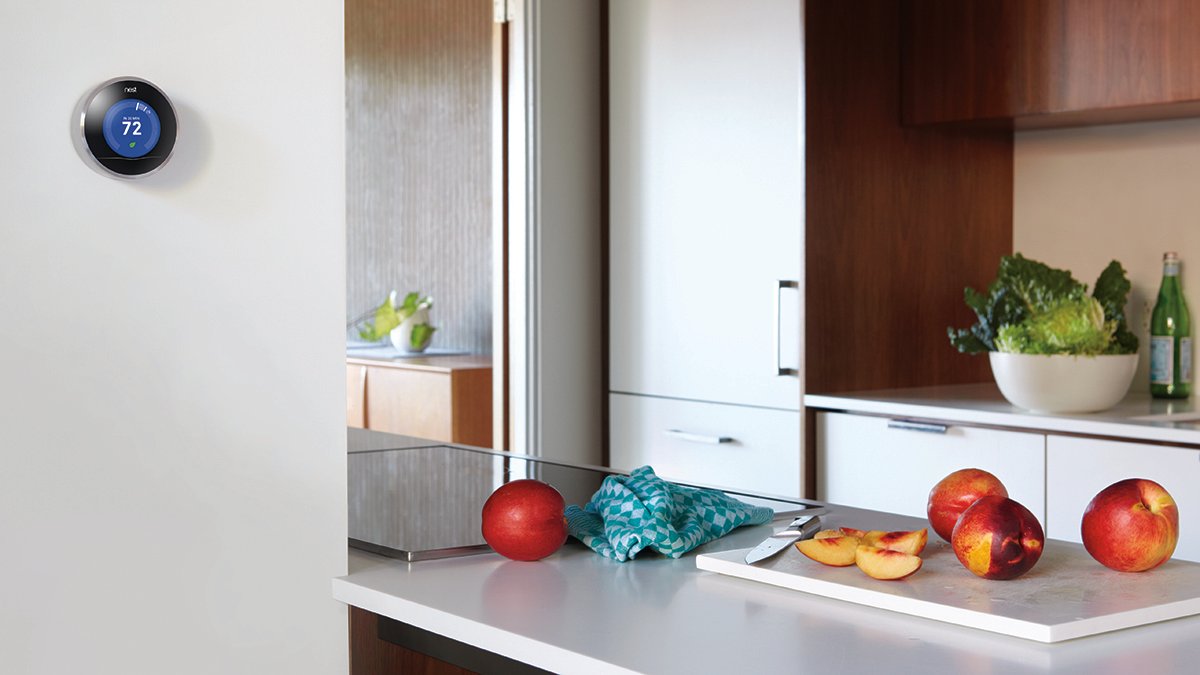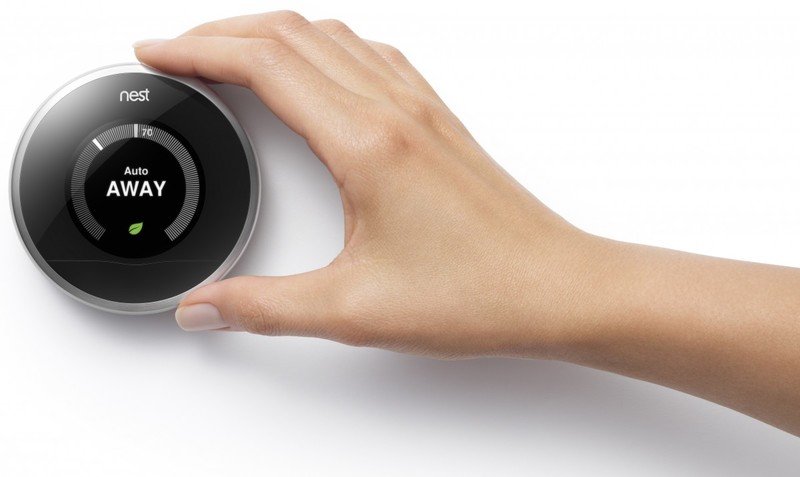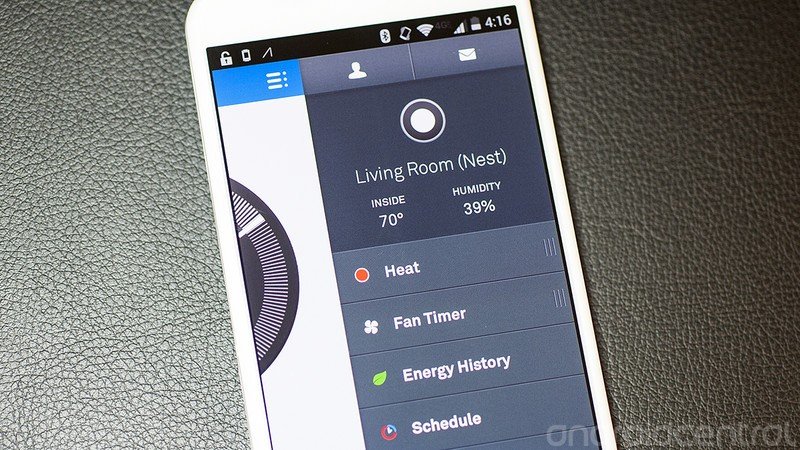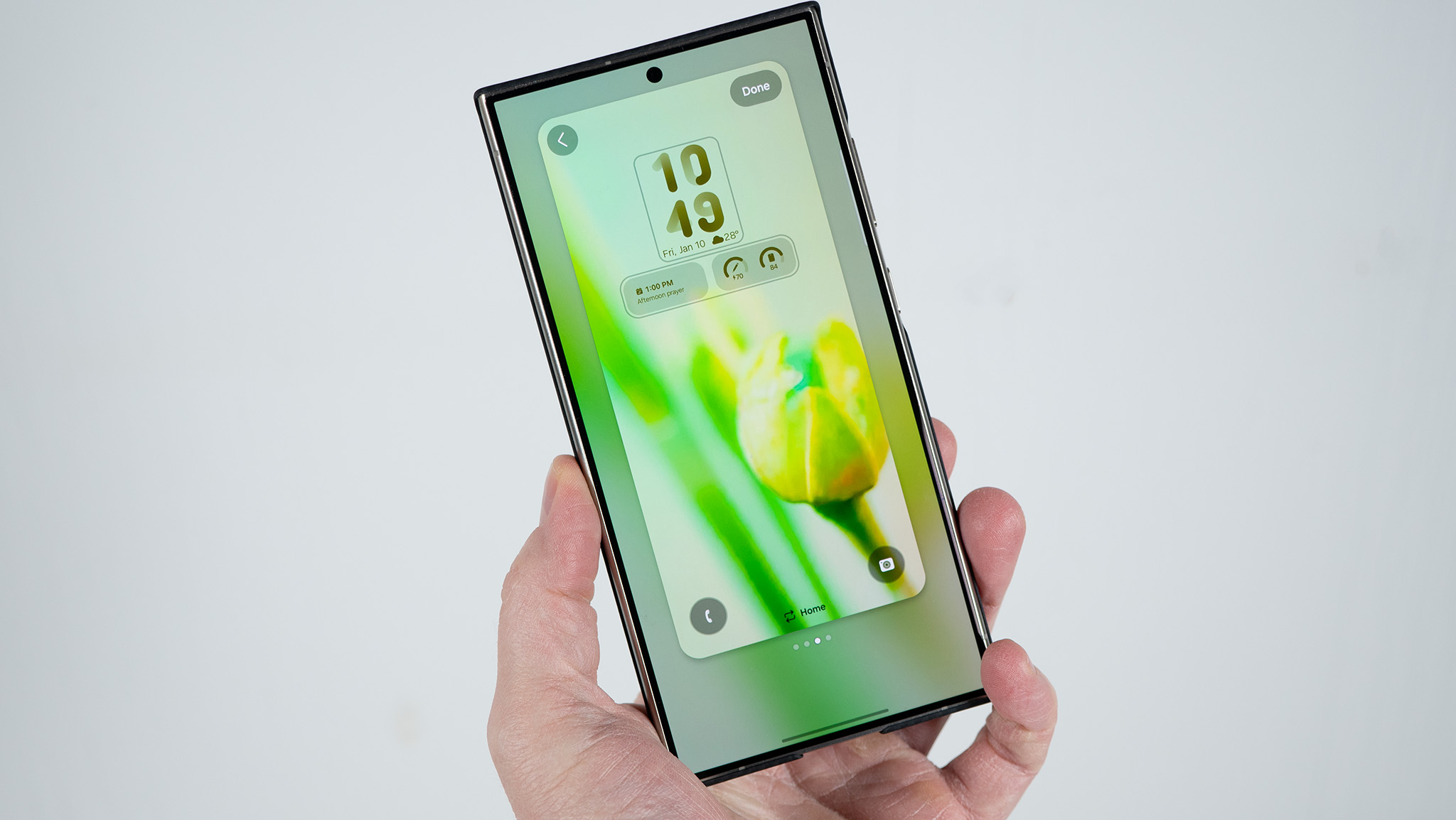Stock Talk: Google's purchase of Nest is a long-term play, never mind the short-term jokes

This wasn't a $3.2 billion impulse purchase, by any means
Now that all the silly jokes about watching ads on your thermostat are over (they weren’t really funny to begin with), let’s have another conversation about Google’s acquisition of Nest Labs. (For another, see Phil's "Let Nest be Nest" piece from earlier this week.")
As a quick reminder, for a cool $3.2 billion Google has bought a company that makes a smart thermostat and combo smoke and carbon monoxide detector. The CEO of Nest is non other than legendary Apple designer Tony Fadell.
I’ve been spending some time thinking about what it could mean to Google. It’s definitely intriguing, but it’s also not totally obvious to me whether this will become a brand new line of business disconnected from the Google advertising machine, or if there is some way to tie things together.
Remember, there are physical products involved here
First let’s stick to the actual products that Nest sells. The first is a $249 smart thermostat. It’s Wi-Fi connected, it learns every time you adjust the temperature, and it’s supposed to save on heating and cooling costs. The second product is a $129 smoke and carbon monoxide detector. It’s also Wi-Fi connected, knows what room it’s in (once you tell it), and speaks to you to give you a heads up before the alarm goes off so you can wave away nuisance alarms from cooking, for example. (And you do so quite literally, waving your hand.)
When I think about Nest and home automation, it reminds me of YouTube when Google acquired the company back in 2006. It was still very early days for video on the Internet, but it was pretty obvious that video had a huge future. I think the same is true of home automation. We already use Wi-Fi to control music in our homes (think Sonos), and it makes sense to extend this to HVAC (heating ventilation and air conditioning) systems, alarms, door locks, lighting and more.

But when Google bought YouTube there was an obvious tie-in to the advertising business. It took a few years for them to actually implement advertising in videos, but now that they’ve done it there is no doubt the acquisition was a complete no brainer. Absolutely the best $1.65 billion Google has ever spent. Yes, you heard that right. Google is paying almost double for Nest what it paid for YouTube.
Be an expert in 5 minutes
Get the latest news from Android Central, your trusted companion in the world of Android
Is home automation really that big compared to video on the Internet?I suspect not, but then again I think Google scored an incredibly awesome deal buying YouTube.
Where is the money going to come from in home automation?Well at first it’s obviously coming from hardware. And if you’re going to make money selling hardware then you need to control the platform, kinda like how Apple does it. The way I see it Nest is an early move to allow Google to become the smart platform for our life, not just for our computers, tablets and phones.
If Google can build the intelligence for home automation, vehicle infotainment and mobile devices and tie these all together, then I think it paves the way for an incredible path of growth selling hardware. Obviously Nest isn’t going to stop at thermostats and smoke detectors.
It's far past time for the house to go high-tech
Long term, I can’t even understand why we would even use thermostats. A thermostat is a temperature sensor and a switch. The damned things are always mounted in a room where I never hang out (your couch-surfing mileage may vary), so the temperature in the rooms where I do hang out is always wrong. I say kill the thermostat and put wireless temperature sensors in every room. Have them communicate to a central switch in my furnace room. Controlling temperature is now either automated, or manually done by speaking into a Google Now-powered device such as the smoke detector on the ceiling, or my smartphone app. We really don’t need an extra screen dedicated to the thermostat function and permanently mounted to the wall.
While we’re at it, why not get rid of those crappy sheet-metal vents that pretty much all houses have. You’re supposed to be able to open and close them to control air flow to each room in your house. But in reality they just suck. They always break. They're tough to reach if they're on the ceiling. Why not build a Wi-Fi enabled vent that actually opens and closes based on inputs from the temperature sensors in each room. My home automation system can then learn how I don’t need my office heated after 6 p.m. How many of you have rooms in your house that are always cold? That so-called “bedroom” above the garage is really a meat locker in winter, isn’t it?Intelligent home automation could fix this.
It may sound like I’m getting way ahead of myself. This kind of stuff requires changes to how furnaces and air conditioners are engineered. It takes time. But that’s kind of my point. Google is not in this for next year’s sales. Google is thinking about the next decade and even longer.

Whether they use Android, or Chrome OS, or some other thin client with APIs that allow home automation devices to communicate between themselves and your mobile devices, the important part will be for Google to control the entire platform right up front. Then sell a lot of hardware.
How will they marry this with the big online advertising machine? I’m not sure. Yeah, I have fluffy ideas about how they could collect somewhat useful data about us and use that to feed us higher quality ads on other Google services … but none of it is very firm thinking at this point. I’d love to hear your ideas.
While we’re at it, I’d love to hear your ideas about home automation too. What else would you like to see invented?How about being able to grant permission for your neighbour to unlock your front door from his smartphone while you’re away?What if your house can tell that the whole family is away on vacation (obvious through GPS location information) and automatically lower the house temperature and start controlling the lights at night to make it seem like you’re still home? How about wireless sensors that have tiny solar strips on them so the batteries never need to be changed?
I’m glad Google is entering this market. I think it’s exciting.

